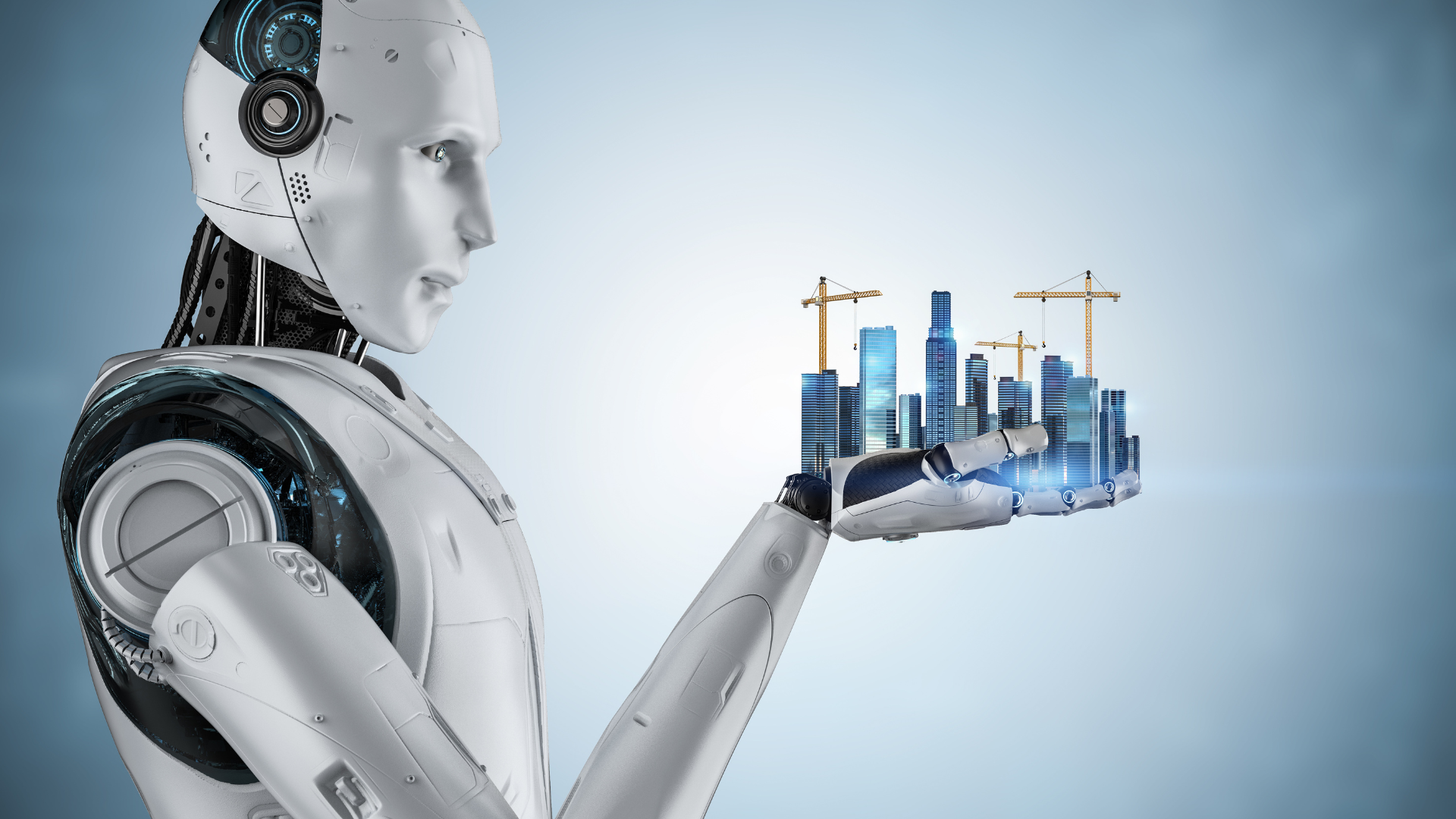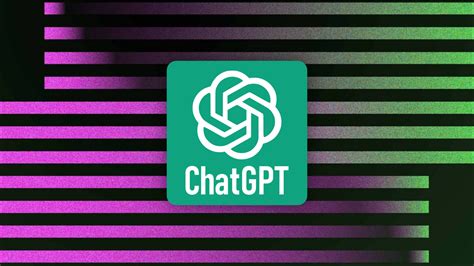
ChatGPT, the AI assistants you never knew you wanted
There are many different kinds of AI chatbots that people use, and ChatGPT is just one of them. Some of the most popular alternatives to ChatGPT include Google Bard, Microsoft Bing Chat, Jasper.ai, Claude, ChatSonic, NeevaAI, Pi, DeepAI Chat, Character.AI, Snapchat My AI, GitHub Copilot, and Amazon CodeWhisperer. Each of these chatbots has its own strengths and weaknesses, and the best one for you will depend on what you want to use the chatbot for. Some chatbots are better for messaging, while others are better for personal coaching, coding auto-complete, or just for fun.
The evolution of AI-driven conversations has truly arrived with platforms like ChatGPT. For many, their initial encounter induces a sense of awe. Here’s an entity equipped to delve deep into complex scientific narratives or simply indulge in the whims of daily chatter.
This isn’t just a digital interface; it feels like having an always-available, knowledgeable companion. The real charm of ChatGPT is its ability to seamlessly bridge the vast troves of information with a human-like conversation, offering an intuitive and engaging knowledge experience. There’s a unique comfort in the world of GPT-enhanced support bots. For those navigating a website at odd hours, their presence stands out as a beacon.
They don’t just spit out generic responses; they engage, they understand, and most importantly, they guide. Their unwavering presence, regardless of time or query, assures users of continuous support, painting a picture of a digital realm where assistance is always just a chatbox away. Then there’s the realm of virtual assistants, revolutionized by the GPT framework. Waking up to the possibility of a simplified morning, where instead of shuffling through a myriad of apps, one simply converses with their GPT assistant about the day ahead, the weather, or pressing global news.
It’s not just about modern convenience; it’s a paradigm shift towards optimizing our daily routines, introducing a seamless blend of productivity and efficiency. The rise of these GPT-driven platforms signals more than mere technological progress. It’s a testament to enhancing the human experience, making complexities more accessible, and personalizing our expansive digital world.
ChatGPT, crafted by OpenAI, stands out as a premier general-purpose chatbot.
- Rooted in the GPT (Generative Pretrained Transformer) framework, ChatGPT employs advanced deep learning methods to craft responses that closely mimic human conversation.
- Beyond casual chat, it can assist with coding inquiries, elucidate complex scientific ideas, deliver general knowledge, and even pen poetry reminiscent of Shakespeare.
- Nevertheless, ChatGPT isn’t without flaws. It’s prone to manipulation and may occasionally yield inconsistent replies.
- The realm of general-purpose chatbots also features other contenders like Google’s Bard, ChatSpot, Bing Chat, and Kommunicate.
- For those keen on customization, platforms like Juji offer a seamless way to design multi-functional chatbots without delving into code.
Ultimate.ai is a significant player in the realm of customer support automation.
- Purpose: It’s primarily designed to augment customer service operations using artificial intelligence. By integrating with existing customer service platforms, it aids human agents, automates responses, and offers suggestions in real-time.
- Multilingual Capabilities: One of its strengths is its ability to operate in multiple languages, which is essential for businesses operating internationally.
- Integration: Ultimate.ai integrates seamlessly with several leading customer support platforms, enhancing the capabilities of human agents by providing AI-driven response recommendations.
- Continuous Learning: The platform learns from agent interactions, which means its suggestions become more accurate and relevant over time.
.
Jasper, your AI Virtual Assistant
- Document Creation: Assists in generating content, from emails to formal reports.
- Meeting Minutes: Helps format and expand on main points for comprehensive documentation.
- Email Drafting: Aids in crafting replies to common queries and creating email templates.
- Reminders: Produces content for reminders, notifications, or scheduling-related messages.
- Research Summaries: Assists in creating concise overviews based on provided research.
- Presentation Content: Generates textual content for slides, aiding quicker presentation creation.
- Proofreading: Refines language in written documents for a polished finish.
- Templates: Generates reusable templates for standardized administrative documents.

The launch of OpenAi’s ChatGPT has triggered a gold rush in Silicon Valley and other global tech hubs around the world, and companies are now rushing to keep pace or get behind. The tech is grouped under the heading generative artificial intelligence, an umbrella term for systems that can produce new text, images, video and other outputs like code and music on their own. It takes vast amounts of data to train such systems and the output, which depends on the data used to train it, can reflect any biases, errors or falsities inherent in the original dataset. The ability for products like ChatGPT to generate novel content has been heralded as the dawn of a new age and in the few short months ChatGPT has been available to the public it has already threatened to disrupt numerous fields and raised new questions for businesses.
In conclusion, as a tech reviewer, I’ve witnessed the rapid evolution of AI and its integration into numerous aspects of our daily lives. GPT assistants stand out as a remarkable leap in this journey. They are not just tools but collaborators, bridging the gap between man and machine in a manner that feels both intuitive and seamless. Their ability to assist, clarify, and enrich a variety of tasks, from writing and learning to programming, heralds a new era where technology truly amplifies human potential. Beyond their practical applications, GPT assistants are emblematic of the promise that AI holds: to make our lives more efficient, our challenges more manageable, and our creative and intellectual pursuits more attainable. They represent a future where technology works hand in hand with us, understanding our needs and enhancing our capabilities.
Related Articles
Meta Quest 3: A Leap into Enhanced Reality Worth Every Penny
In the ever-evolving realm of virtual reality, Meta has once again stepped up the game with its latest offering, the Meta Quest 3. Meta first hinted at the Meta Quest 3 during its...
The Best Charging Solutions in 2023: Powering our Digital Age
In today's fast-paced digital realm, devices are not just tools of convenience; they're lifelines that bridge us to a world of information, entertainment, and connectivity. Ensuring these...
The Sweet Spot: Why 27-Inch Monitors are the Best Choice for Gamers and Professionals Alike
In the realm of digital displays, size does matter. But, there's a sweet spot that many find just right - the 27-inch monitor. Why has this become a favorite among gamers and...




